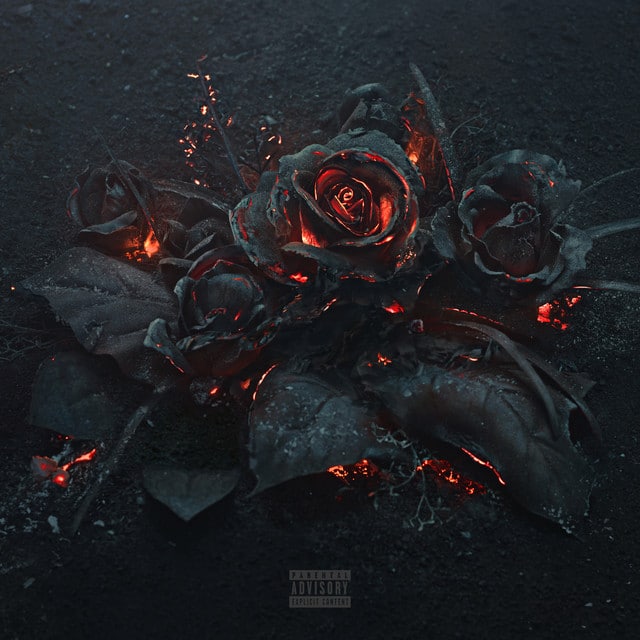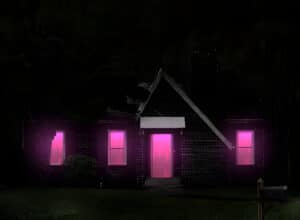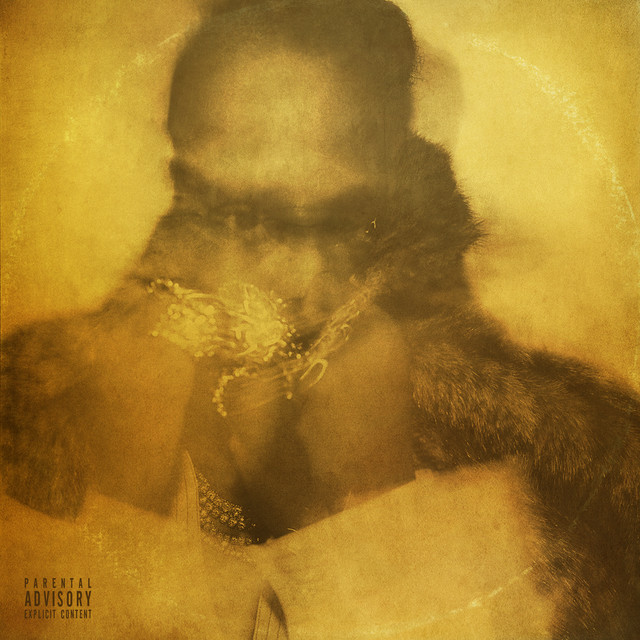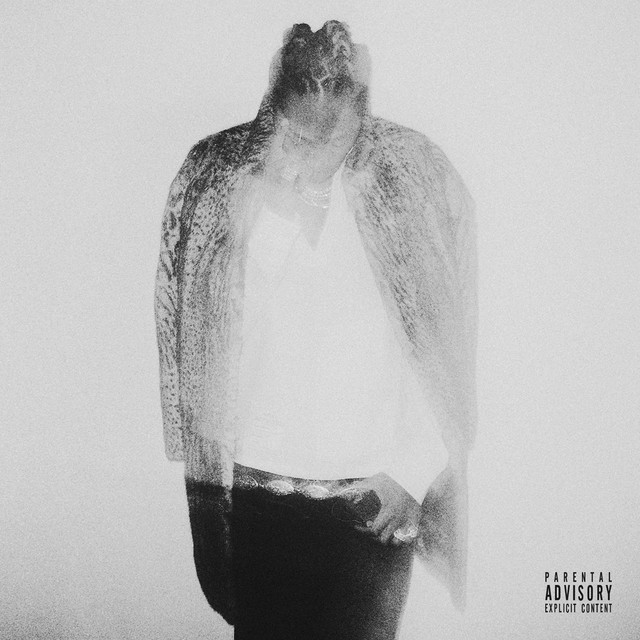Released: 2016 • Features: The Weeknd
“Low Life” by Future featuring The Weeknd is an unapologetic ode to hedonism, excess, and street culture. With a haunting beat crafted by Metro Boomin’, the track delves into themes of self-indulgence and the gritty realities of a lifestyle that’s as much about luxury as it is about survival. It’s a collision of the highs of fame with the lows of the come-up.
The song kicks off with Future casually mentioning he’s taken Molly, setting the tone for the lavish and reckless behavior that follows. He’s with a woman from Follies, a strip club, suggesting she’s willing to be with him and his crew – a raw look at the consequences of fame and influence. The reference to exotic cars – Ferraris and Lamborghinis – is a stark symbol of wealth and a trophy of success in hip-hop culture. “Bout to f**k this club up” is a boast about the mayhem and energy they bring to the nightlife.
Future’s verse pours out in a lean-induced stream of consciousness. He’s transformed luxury hotels into a backdrop for his street life – the Ritz becomes a “poor house” and a “lean house,” pointing to the disregard for traditional markers of success in favor of his realities and indulgences. He hints at his troubled past with evictions and now being able to run up room service bills that cost more than what most people make. This stark contrast paints a vivid picture of his rise from nothing to something.
There’s a layer of social commentary – he’s always repping for that “low life,” which could be a reference to repping for those who are still living the lifestyle he might have left behind. It’s a nod to his roots and the community he came from. The mentions of “military” and his crew locked up hint at the combative nature of street life and the reality of incarceration many face.
The Weeknd’s inclusion adds a different texture, creating a blend of R&B with hip-hop – a mix of melancholic hedonism and stark realism. The lines about “Ace of Spades like it’s water” and being on drugs with “your daughter” portray a careless lifestyle, blurring the lines between fame’s excess and the more sinister side of this indulgence. The Weeknd’s characteristic indifference to the emotions of the women he’s with (“If she catch me cheating, I won’t ever tell her sorry”) plays into his cultivated persona of the anti-hero in modern R&B.
Future’s later verses boast about their firepower – a sign of their need for protection and aggression in the world they inhabit, and this could be taken literally or metaphorically as a measure of their influence. The “baby bottle” reference is double-edged; it signifies lean consumption but also infantilizes the men who partake in this lifestyle, as if they’re caught in a perpetual adolescence fueled by drugs and crime.
The song closes looping back to its beginning themes, emphasizing the cycle of drugs, women, and unbridled displays of wealth. This hedonistic repetition reflects a larger narrative in hip-hop, one that celebrates the victories of street life, yet doesn’t shy away from its destructive patterns.
“Low Life” delivers a raw, unabashed look at the excesses that accompany life at the top of game – all while not forgetting where one comes from. It’s about living large but still staying grounded in an identity forged by less glamorous times, creating an anthem for the high rollers who haven’t lost touch with the low life.








